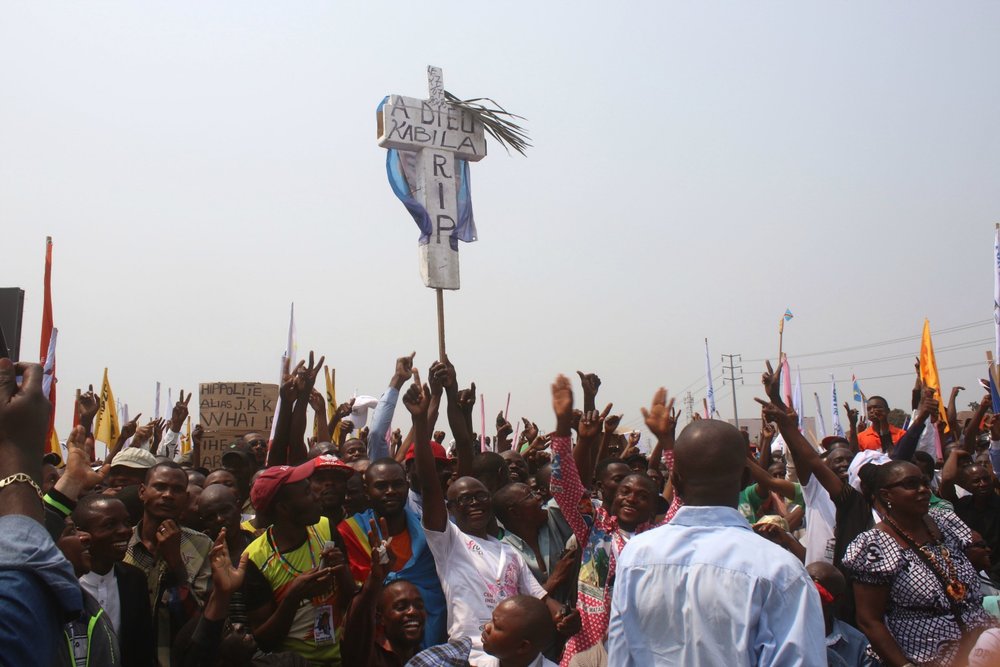Congo’s and Gambia’s power-hungry presidents

This year saw another steady rollback of democracy around the globe. The lights go out when no one is looking: An editor is jailed, an election is postponed, a bookseller or lawyer disappears. Right now, two leaders in Africa are clinging to power, hoping to resist the forces of democracy. They must not be allowed to succeed.
In Congo, Dec. 19 was supposed to be the last day in office for President Joseph Kabila, who is prohibited by the constitution from a third term. He failed to organize a new election, did not step down and reportedly is increasingly isolated in the capital, Kinshasha, staying up late with his Sony PlayStation 4 and pondering how to protect the wealth he and his family have accumulated.
A Bloomberg News investigation published Dec. 15 shows the Kabilas have built a business network reaching into every nook of Congo’s economy, reaping hundreds of millions of dollars. The New York Times reports that Kabila likes to sport an expensive Rolex and Patek Philippe watch on each wrist and sometimes races fancy motorcyles around the city at night to blow off steam. Not since independence from Belgium in 1960 has the country had a peaceful, democratic transition of power, and Kabila does not look to be changing that.
At the same time, Congo is drifting toward an explosion. The nation is vast and only loosely controlled by security forces and armed militias. Opposition forces have been growing ever more restive under Kabila’s boot. According to Human Rights Watch, over the past two years, the authorities in Congo have arbitrarily arrested scores of activists and opposition leaders, holding some incommunicado and mistreating or torturing them, while trying others on trumped-up charges. Kabila named a new cabinet last week, but opposition street protests are intensifying, and security forces killed at least 26 demonstrators on Tuesday.
Separately, in Gambia, the smallest nation on the continent, President Yahya Jammeh, who has been in power for 22 years, clings to office. He was defeated in Dec. 1 elections by opposition leader Adama Barrow, and his initial decision to step down and accede to the will of the voters offered a rare glimmer of hope. But it didn’t last. On Dec. 9, Jammeh changed his mind and called for a new vote, refusing to budge.
There is only one nation that has overwhelming influence as a beacon for democracy, the United States. But it has not always spoken out as strongly as it should against strongmen in Africa. Clearly, Kabila and Jammeh are calculating that they can hang on, even if they destroy democracy in their countries. Perhaps they know President-elect Donald Trump has shown little interest in the topic. “Sad,” as Trump likes to say, because if the flame of freedom doesn’t burn brightly from the United States, then next year the path for democracy will be darker for millions of people elsewhere.
(Source: The Washington Post)
